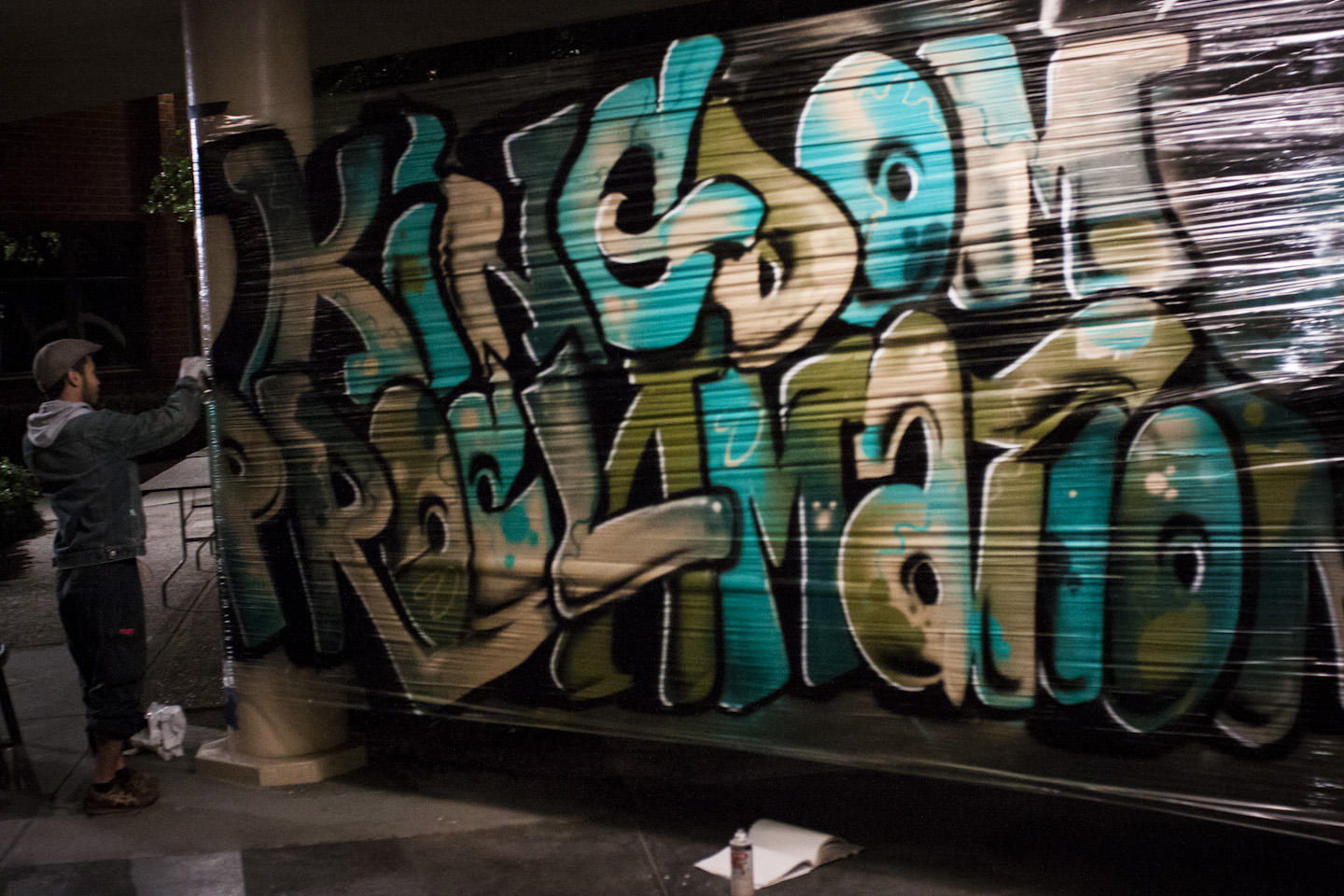“Find someone who is different from you in ethnicity, gender or age — preferably more than one — and pair up. In seven minutes share your story and about your identity.”
The voice fades as fear grips me. I gulp, starting to sweat. Talk about my identity for seven minutes? I frantically scan the room for someone different than me — but not too different.
I lock eyes with an Asian girl who I guess to be a freshman and bee-line for her. We find chairs and face each other, my stomach flipping somersaults.
As a white student, becoming involved in Multi-Ethnic Programs & Development at Biola was one of the most stretching and transforming journeys on which I’ve ever embarked. It was then and there that I became convinced that I needed diversity in my community to become more fully human.
Now, as the Coordinator for MEPD, I reflect back on when I used to say, “Isn’t our identity in Christ all that matters?” and see that I was asking to ignore the cultural backgrounds of others and myself. I cannot reduce my identity to only my relationship with Jesus. Jesus didn’t just come to save my soul but to redeem all of who I am as a physical, spiritual, and social being.
I experience this world as a white, upper-middle class, able-bodied woman. These aspects of my identity shape my soul. My physical body, spiritual capacities and relationships with others are all interconnected. My outward experiences leave an imprint on my inner being and form my worldview.
Jesus wants to be a part of all of who we are — not just our “spiritual lives.” At Biola we often speak of Jesus being our top priority or the foundation for all we do. But Jesus should permeate, infuse and saturate all aspects of our identity, transforming us into holistically flourishing persons.
As I became more involved in MEPD as a student, I discovered clutter in my soul, stuff that kept me from seeing others as fully human. To de-clutter the mess I had to learn that I have an ethnicity and a culture. I discovered that I believed the white, middle-class way of doing life was the best way. I thought I was “giving” by being the well-intending student with a savior complex. I realized I was “receiving” by only partaking in other cultures in order to add “flavor” to my life.
For the past three years I’ve lived and been a part of a church in a predominantly Latino and Chinese neighborhood in East Los Angeles. I’ve learned that I desperately need people who are different than me to not only discover who I am, but to behold a fuller picture of who God is. I live across the street from an elementary school and a massage parlor. I awake to the smell of my neighbors burning incense and to the sounds of instruments from the Buddhist temple next door.
Though initially inconvenient and awkward, my new community breathed fresh wind into areas of my worldview I didn’t know were suffocating. I’ve been given a new way of seeing and being that has transformed my life. I am embracing the whole identity God has given me — ethnicity, culture, ability, class — and asking him to thoroughly infuse it. Because Jesus didn’t come to make us colorblind and cultureless — he came to make us fully human.







